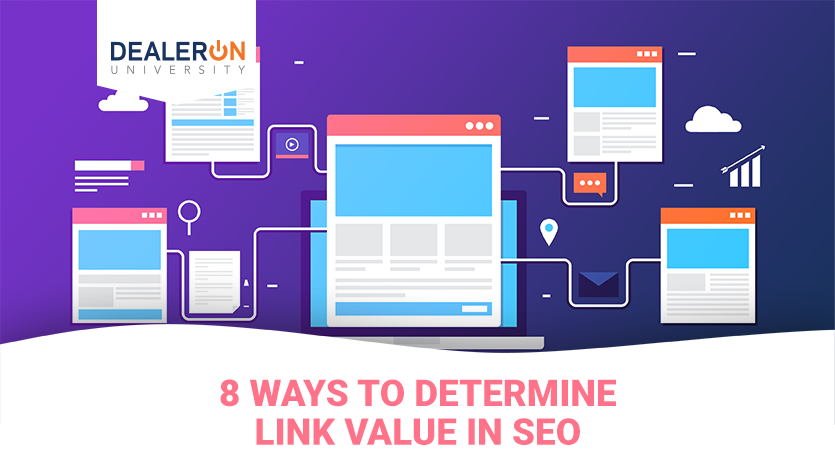

Backlinks are an important part of your SEO profile. I’ve covered backlinks in this space before, but if you don’t have the time or energy to go through the archives, here’s the short version.
Backlinks, which are links on other websites to yours, are one of the factors search engines use when determining your site’s ranking in a relevant search.
Here’s the kicker: not all links are equal. To avoid some of the easiest ways to game the system, search engines use other criteria to assign value to a specific backlink. Search engines keep the exact criteria under wraps for obvious reasons, but enterprising SEO experts have been able to tease out a number of rules that can help you.
1. Authority matters
While it would be tempting to think that authority is derived from some form of expertise, that’s not the case. As with most things online, it’s all about popularity. A popular page with popular links is seen to have more authority when determining search rankings. If you’re thinking “Great, all my links are on social media accounts and YouTube. Those sites are incredibly popular!” Think again. Links from social media sites, YouTube, PR sites, forums like Reddit, or blogging platforms like WordPress do not count.
2. Where on your site the link to?
I’ve talked in the past about building your library of backlinks by posting articles on your own page. This is where that pays off. Links to subpages on your site rather than your main domain have more value. Some of this is likely due to specificity: a link to a subpage is about specific content that can help users, whereas a link to your main site is more likely to be an ad.

A webpage receiving a high volume of links from quality sources will rank highly on search results
3. What does the link say?
When posting a link, you have two choices. You can either just post the name of the site or a simple CTA like “click here,” or you can add the link to some text that’s actually about the link. Search engines prefer the second option. This provides more information and context to the link, as well as reducing the chance that it’s simple spam. Specific keywords might be even more helpful, though this is more in the realm of speculation.
4. Quality beats quantity
If a page has a ton of outgoing links, each individual link matters less. This prevents the existence of a page that’s nothing but a long list of links. Fewer links generally means that the links that are there have value, which is fundamentally what the search engine wants.
5. Diversity is your goal
The last rule dovetails nicely into this one. If your backlinks all come from one place, the value of those links eventually wears off. Think of it like telling a joke. The more times you hear it, the less funny it becomes. This also prevents single sites from trading tons of spam backlinks back and forth.
6. Relevance is important
You’re a car dealership. Ideally, you want links from other sites in the larger automotive industry. Again, this is about creating value for the user, so once a search engine figures that you’re looking at cars, it wants to help out. Backlinks from other sites in the industry are the most valuable to you.
7. What is “unfollow”?
Some links have a special tag: the “unfollow.” All you need to know about this function is that it tells search engines not to factor this link into its determination of value. The reasons basically come down to avoiding spam comments. All you need to do, if you’re wondering if a link has value to you, is check for this tag in the text of the link. Right after the URL, it will say rel=”nofollow”. If you see that, it won’t factor into your rankings.
8. Newer is better
Search engines prioritize new links over old. This is why the accumulation of backlinks specifically is a never-ending process. If you find some form of content that gets good engagement and backlinks, keep producing it. Every link you get is statistically more valuable than the last.
That should give you an idea of how much a given link is worth. Keep building your backlinks with great content, and you’ll have enough of the good ones in no time.


